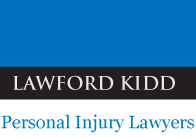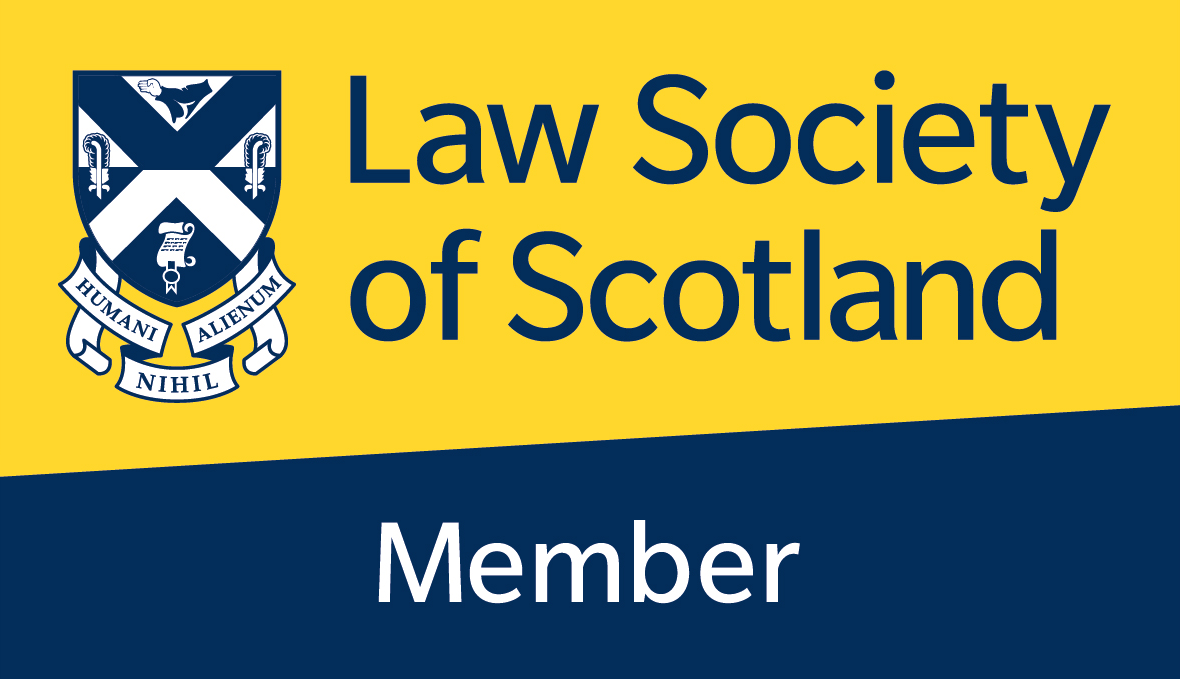Gym Accident Compensation
Every year thousands of people take up a new sport or fitness regime. When we decide to get in shape, the first port of call for most of us is the local gym or fitness centre. Despite dire government warning about the ‘obesity crisis’, almost 10% of us hold gym or fitness club memberships. And while we don’t all engage in high-impact intense exercise, we are still vulnerable to wet floors, trips and falls, poorly maintained machinery and a host of other potential hazards which can lead to a personal injury claim.
Gym Injury Compensation Solicitors
At the start of January every year, Gyms and fitness classes up and down the country are filled with newcomers looking to burn off the excesses of Christmas. However, like any physical activity, exercising in a gym or leisure centre carries the inherent risk of injury. While accident or injuries can strike even the fittest gym goer, newcomers are particularly susceptible owing to a lack of technique or lack of familiarity with the equipment. Newcomers are particularly susceptible owing to their unfamiliarity with the equipment.
Gyms contain specialised, heavy equipment containing dangerous moving parts. The slightest slip or misjudgement can cause serious injury. Likewise, the slightest bit of wear and tear can cause an accident. The gym owner owes you a duty of care to make sure the entire centre is as safe as it can be in the circumstances and to ensure that adequate care is taken for cleanliness to prevent slips. As part of this ‘duty of care’ to gym goers, gym owners have a duty to keep their equipment well maintained and safe. If you are injured because a machine was faulty, you may have a claim. If you are unsure how to proceed, contact our expert personal injury solicitors in Scotland. We will talk you through the process of making a claim against a gym, advise you on the best course of action and, of course, fight your claim for you.
Compensation for Gym Injuries
The most common causes of injuries in Gyms, health clubs and leisure centres are:
- Faulty or poorly maintained equipment and machinery
- Poor or erroneous advice from a gym instructor or personal trainer
- Wet or uneven flooring leading to a slip or fall
- Inadequate or no induction session
- Injury caused by falling object or missile
Suing Personal Trainers and Gym instructors
Individual instructors owe you a duty of care to ensure that the advice they give you is appropriate and tailored to you and that it takes into account your level of fitness and skill. If you are given advice which leads to an injury, and it was the advice which was to blame, you may be able to claim compensation.
You can claim for, among other things:
- Pain and suffering resulting from the injury
- Loss of earnings
- Damage to your property
- Medical expenses
- Compensation for loss of enjoyment – if you are a regular gym-goer, the impact on your enjoyment of life may be quite severe.
Suing a Gym or Health Club – the Law
In most cases, joining a gym involves signing a standard contract. It may be the case that, buried within this, is a clause which attempts to restrict the club’s liability for personal injury should something happen to you. However, such a term is unenforceable. Section 16 of The Unfair Contract Terms Act 1977 prevents businesses from ‘contracting out’ of their liability for death or personal injury. Put another way, you cannot sign a ‘waiver’ or ‘disclaimer’ which will stop you from recovering compensation if you are injured and it is their fault. If the gym or health club wishes to defend their claim, they will have to argue that the accident was not their fault.
If you have been injured at a gym, health club or leisure centre in the last three years and it wasn’t your fault, contact us today.
If you have suffered an injury at a gym or from exercise under the supervision of a personal trainer, the first thing to do is to take medical advice. Not only is this most prudent in terms of getting you back on your feet, but the doctor’s medical evidence may also be vital to your claim. This creates documentary evidence of your claim and allows you to monitor your rehabilitation, recovery and your prospects for the future. In the case of workplace accidents (i.e. if you are a personal trainer injured at work), you should make an entry in the workplace accident book. In short, you should take as many steps as possible to record the injury from as soon as it happens.
To be successful in a personal injury claim, you must demonstrate that the gym owner or personal trainer owed you a duty of care (in most cases this is straightforward, especially if you are under their supervision). Then, that this duty was breached (i.e. that the equipment was faulty, or that the wet floor wasn’t cleaned up, for instance) and that there is a causal link between the two. What this last point means, is that the injury must have resulted from the alleged breach of duty. If a machine breaks and drops a weight on your toe, but you later claim for a head injury you allege was the result of this accident, you are unlikely to be successful. Our expert personal injury lawyers have decades of experience of claiming for sports injuries against gyms, health clubs, spas and sports organisations. We’ll do everything we can to make sure you get the advice and assistance you need to make a full recovery.
100% Compensation Scotland - Lawford Kidd
Like all personal injury claims, you have three years from the date of the accident to claim. After that, your claim becomes ‘time-barred’ so contact us today. We are not a referral site – we are a firm of Scottish solicitors based in Edinburgh. We help our clients in Glasgow, Aberdeen, Dundee, Fife and throughout Scotland get the compensation they deserve.
Contact Lawford Kidd's Accident at Work Lawyers Today
We will give you free advice about the prospects of success and can help you on a 100% compensation, no-win-no-fee basis against your gym. Don’t delay, contact us as soon as possible.
Click here to start making your claim or call us on 01312255214.









